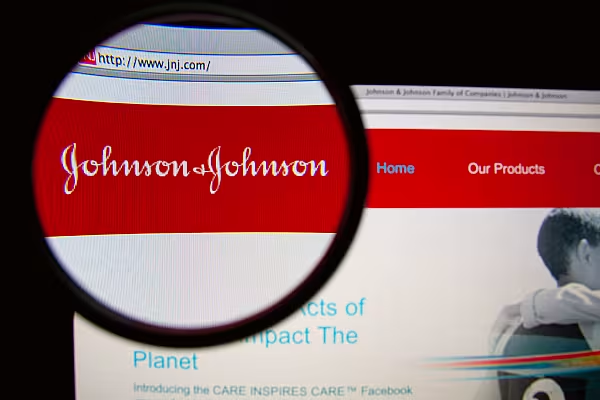Less than two months into the year, Teva Pharmaceutical Industries Ltd.’s new chief has already effectively written off a recovery for 2018.
Teva, which manufacturers generic over the counter medications as well as specialist drugs, fell as much as 12 percent in Tel Aviv after the company said profit will slump further this year.
Chief Executive Officer Kare Schultz is tightening belts drastically at the world’s largest generic drugmaker as competition to its top medicine escalates.
Schulz took the reins in November with a mandate to shore up debt and extricate Teva from its crisis. The drugmaker went from high-flying seller of copycat medicines to debt-laden mastodon after the $40 billion acquisition of Allergan Plc’s generics business in 2016, clinched just as U.S. prices for generics began to erode.
Price Pressure
Teva said it won’t be able to charge as much as it expected for new medicines amid escalating pressure on prices in the U.S. Sales this year may decline as much as 18 percent to $18.3 billion, the company said, about $1 billion less than analysts had estimated.
“During the fourth quarter of 2017, we noted further deterioration in the U.S. generics market and economic environment, further limitations on our ability to influence generic medicines pricing in the long term and a decrease in value from future launches,” Teva said in a statement.
Schultz blamed sweeping changes in the U.S. pharmaceutical industry for Teva’s mounting woes, ranging from accelerated FDA approval of competing medicines to government regulation that limits drug prices. Even the new tax law hurt the company by limiting its ability to achieve “targeted tax efficiencies.”
Cash Flow
Schultz has pledged to increase profits and cash flow. He laid out a cost-cutting plan to help Teva deal with debt of more than $30 billion, which was cut to junk by Moody’s Investors Service on Jan. 12.
The Petach Tikva, Israel-based company has started laying the groundwork for $5 billion of bond sales, according to a preliminary prospectus filed last week.
Profit excluding some costs will be between $2.25 a share to $2.50 a share this year, compared with $4.01 a share in 2017, the Israeli company said in a statement on Thursday. That was well below analyst estimates.
News by Bloomberg, edited by ESM. Click subscribe to sign up to ESM: The European Supermarket Magazine.













